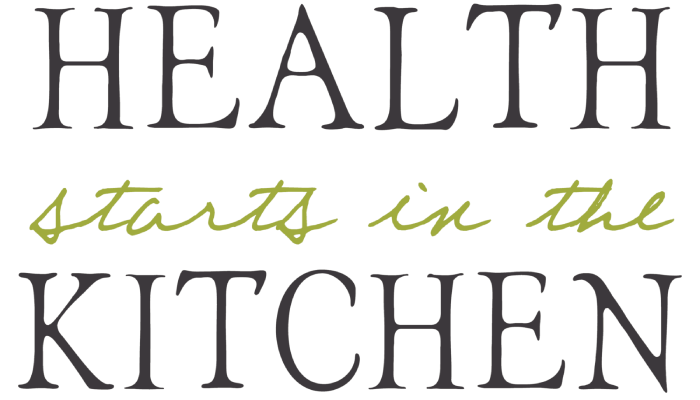Healthy Eating Habits for Students: How to Stay Nourished During Exams

One of the many times in academic life when stress levels are at their highest is exam season. During these difficult times, students frequently put their studies before everything else, including their health. However, skipping meals can be detrimental to both general health and academic performance. Learn more about the importance of encouraging students to adopt healthy eating habits and provide sage advice on how to stay alert during exams.
The Link Between Nutrition and Academic Performance
A healthy diet and academic success are directly related, according to numerous studies. The brain requires a steady supply of nutrients to function at its peak, particularly during lengthy study sessions. Nutrient-dense foods like whole grains, lean proteins, fruits, vegetables, and healthy fats supply the energy needed for cognitive functions like memory, concentration, and problem-solving. To find the right study-life balance, you can buy research paper from a trusted writing service to complete your assignment on time and at the top academic level.
Start Your Day Right
Breakfast really is the most crucial meal of the day, especially for students who have exams coming up. Your metabolism is boosted, providing the energy you need, something appreciated by students studying hard on Acemedboards, to take on the rest of the day after a nutritious breakfast. Whole-grain cereals, oatmeal, yogurt, and fresh fruit are the best breakfast options for a gradual release of energy throughout the morning. Avoid breakfast items high in sugar, such as cereal and pastries, as they may result in energy dips later in the day.
Snack Smart
Snacking can have advantages and disadvantages, but when done properly, it can support consistent energy levels. Make yogurt, nuts, seeds, and whole-grain crackers your go-to healthy snack. Keep pre-cut fruits and vegetables nearby for quick, wholesome meals. Avoid sugary snacks and opt instead for the natural sweetness of fruit.
Stay Hydrated
While often overlooked, consuming an adequate amount of water is essential to maintaining focus and attentiveness. Dehydration leads to fatigue and a reduction in cognitive functioning. If you find yourself dehydrated, several tips for rapid rehydration can help you get back on track quickly. Aim to drink eight glasses of water daily, and consider carrying a reusable water bottle for convenience. If you’re looking for alternatives, herbal teas, and infused water can provide a refreshing option.
Plan Balanced Meals
A balanced diet is essential for having sustained energy and optimal brain function. Include lean proteins like chicken, fish, beans, and tofu, along with whole grains like quinoa and brown rice. Do not forget about colorful fruits and vegetables to ensure a variety of vitamins and minerals. The good fats found in foods like avocados, nuts, and olive oil have an impact on the health of the brain as well.
For those days when you don’t have the time to go shopping or cook, you can choose a veggie food delivery service. You’ll receive the ingredients you need (in the right quantity) for the recipes you want to cook right at your doorstep. All you need to do is follow the detailed instructions available with each recipe.
Include Brain-Boosting Foods
Some foods are known for their ability to boost cognitive and memory function. Blueberries, rich in antioxidants, have been proven to enhance cognitive capabilities. Fatty fish like salmon, mackerel, and sardines, abundant in omega-3 fatty acids, are recognized for their brain health benefits. Additionally, dark leafy greens, eggs, and nuts contain nutrients that further improve cognitive function.
While a healthy diet is essential for brain health, some individuals may consider incorporating nootropic supplements for brain health into their routine. These supplements, which are often derived from natural ingredients, may offer additional support for cognitive function and memory. It is important to consult with a healthcare professional before taking any new supplements to ensure they are safe and appropriate for your individual needs.
Key Takeaways
As students navigate the challenging world of exams, maintaining healthy eating habits becomes crucial to success. A balanced diet promotes both general well-being and cognitive function. By putting an emphasis on a balanced diet full of nutrient-dense foods, staying hydrated, and making thoughtful food choices, students can give themselves the energy and focus necessary to perform well on exams.
***
Alice Barrios is a passionate writer and advocate for healthy eating. As a dedicated student, she seamlessly weaves her commitment to wellness into her academic pursuits. Her journey is a testament to the harmonious fusion of academic ambition and a wholesome approach to living, inspiring those around her to embrace vitality in both their studies and personal well-being.






